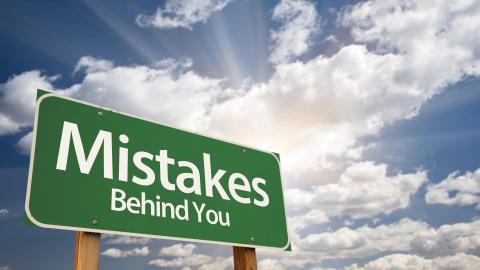Why We Apologize

What’s the Latest Development?
New research indicates that we get an ego boost when we refuse to apologize for something we’ve been criticized for. Tyler Okimoto, a senior lecturer in business at the University of Queensland, noted that while people do tend to feel better after apologizing, they feel even better when they decline to say “sorry” after being asked to do so. “No one likes to apologize. More than that, the study showed that not apologizing makes people feel better about themselves; you feel more empowered and more self-satisfied when you refuse to admit that you’re wrong.”
What’s the Big Idea?
While apologizing may not always make us feel rosy and sure of ourselves—we are, after all, admitting our fallibility—there are substantial societal benefits achieved through apology which help explain the behavior: “It strengthens community and reduces interpersonal violence. [Researchers] conclude that people who have a low sense of self-worth have trouble apologizing in the service of these greater goods. Or, as [they] says, it’s strong people, not weak people, who can apologize.” The ability to apologize is one that must be cultivated in children through kind, but firm, parents.
Photo credit: Shutterstock.com





